From Gut to Glory: How Probiotics Can Transform Your Health
From Gut to Glory: How Probiotics Can Transform Your Health
Did you know that the human gut hosts over 100 trillion microbes, which play a pivotal role in our overall health? This fascinating ecosystem within us not only helps digest food but also influences everything from our immune system to mental health. Among the most celebrated heroes of this microscopic world are probiotics live beneficial bacteria that can profoundly impact our gut health.
Probiotics are often called the "good" or "helpful" bacteria because they help maintain the health of the gut microbiome, a crucial component of our digestive system. By enhancing the balance of gut flora, probiotics play a significant role in promoting digestive health, boosting the immune system, and even potentially improving mood and energy levels.
The purpose of this post is to dive into the world of probiotics and overall gut health. We know, this is not an overly sexy topic, but we aim to simply provide a little insight on the significant benefits of incorporating probiotics into your diet, the different types of probiotics available, and how these powerful microorganisms can be consumed through both food and supplements.
Whether you're a seasoned health enthusiast or just starting to explore the impact of diet on well-being, understanding probiotics will open up new avenues for enhancing your health naturally. Let's embark on this short journey to discover how these tiny organisms can make a big difference in our lives.
Understanding Probiotics
Definition and Importance
Probiotics are live microorganisms that, when administered in adequate amounts, confer a health benefit on the host. Typically, these beneficial bacteria belong to groups known commonly as Lactobacillus and Bifidobacterium, among others. They are similar to the naturally occurring microorganisms found in the human gut, particularly the parts concerned with digestion and immune function.
The digestive system is not just about digesting food and absorbing nutrients; it's a complex ecosystem where trillions of bacteria play critical roles. Probiotics contribute to this system by helping balance the gut microbiome, which is essential for good health. A healthy gut microbiome aids in digesting food, synthesizing essential vitamins, and fortifying the immune system, thus acting as a barrier against pathogens.
How Probiotics Work
Probiotics promote a healthy balance of gut bacteria and have been shown to provide a wide range of health benefits. Here's how these friendly little warriors work to enhance gut health:
1. Restoring Balance: Daily stresses, unhealthy diets, and antibiotics can disrupt the natural balance of bacteria in the gut. Probiotics help us restore this balance by replenishing the gut with healthy bacteria, which is essential for overall health, including effective digestion and immunity.
2. Competing with Pathogens: Probiotics compete for nutrients and attachment sites with harmful pathogens. By occupying spaces that pathogens might latch onto, probiotics help prevent harmful species from flourishing in the gut.
3. Strengthening Gut Barrier: Probiotics can enhance the mucosal barrier of the intestines, which acts as a protective wall against harmful bacteria and toxins. They increase the production of tight junction proteins, reducing intestinal permeability (often referred to as "leaky gut").
4. Modulating Immunity: Probiotics influence the immune system by enhancing the production of cytokines (proteins secreted by immune cells that help coordinate the body's response to disease and infection) and increasing the activity of macrophages and natural killer cells, which help fight infections.
5. Producing Anti-Inflammatory Substances: Certain probiotics can produce substances that have anti-inflammatory properties, which are crucial in preventing and managing conditions such as inflammatory bowel disease (IBD), irritable bowel syndrome (IBS), and even allergies.
Through these mechanisms, probiotics not only help maintain an optimal environment for nutrient absorption but also support a responsive and robust immune system. Understanding the role and function of probiotics is key to appreciating their significance in maintaining not just gut health but overall wellness.
Health Benefits of Probiotics
Digestive Health
Probiotics play a pivotal role in maintaining digestive health by enhancing the natural gut flora, which is essential for a healthy digestive system. Several clinical studies have demonstrated the effectiveness of probiotics in treating and preventing a range of gastrointestinal issues:
- Irritable Bowel Syndrome (IBS): Probiotics can help manage the symptoms of IBS, including bloating, constipation, and diarrhea. They help regulate bowel movements and relieve pain and discomfort.
- Inflammatory Bowel Disease (IBD): Conditions such as Crohn's disease and ulcerative colitis may benefit from probiotic supplementation. Probiotics help reduce inflammation in the gut, which is a primary feature of IBD.
- Diarrhea: Probiotics are particularly effective in treating antibiotic-associated diarrhea and infectious diarrhea. They help restore the balance of good bacteria, which can be disrupted by antibiotic treatment or pathogens.
By strengthening the gut barrier, enhancing nutrient absorption, and balancing the intestinal flora, probiotics ensure a robust digestive system, thereby enhancing overall health and well-being.
Immune Function
The gut plays a significant role in immune function, and maintaining a balanced gut microbiota is crucial for a healthy immune system. Probiotics enhance immune function by:
- Enhancing Barrier Function: By improving the intestinal barrier, probiotics prevent the entry of pathogens into the bloodstream.
- Modulating Immune Responses: Probiotics interact with immune cells, influencing their response to disease and infection. This interaction helps the body to differentiate between harmful invaders and non-harmful antigens.
- Stimulating Antibody Production: Certain strains of probiotics can stimulate the production of antibodies, enhancing the body's ability to fight off infections.
Regular consumption of probiotics can lead to an enhanced immune response, reducing the frequency and severity of respiratory and gastrointestinal infections.
Additional Benefits
Beyond digestive and immune health, probiotics have been linked to a variety of other health benefits:
- Skin Health: Probiotics can help manage skin conditions like eczema and acne. They aid in reducing inflammation and allergic reactions that often contribute to skin issues.
- Mental Health: The gut-brain axis is a well-recognized pathway through which the gut can influence mental health. Probiotics may improve mood and cognitive function by reducing inflammation and producing neuroactive substances like serotonin.
- Chronic Disease Prevention: Emerging research suggests that probiotics may play a role in reducing the risk of certain chronic diseases such as heart disease, diabetes, and obesity by reducing inflammation and modulating metabolism.
The extensive benefits of probiotics highlight their potential as a powerful tool for enhancing health across various aspects of human physiology. By making sure probiotics are a part of your daily diet, whether through foods or supplements, you can harness these benefits for improved health and quality of life.
Types of Probiotics
Common Strains
Probiotics come in various strains, each with specific health benefits. Understanding the most common strains can help you choose the right probiotic for your needs:
- Lactobacillus: This is one of the most common types of probiotics and can be found in yogurt and other fermented foods. Different strains of Lactobacillus can help with diarrhea and may help those who cannot digest lactose, the sugar in milk. Lactobacillus has been shown to be helpful in treating and preventing vaginal infections, urinary tract infections, and irritable bowel syndrome (IBS).
- Bifidobacterium: Found in some dairy products, Bifidobacterium can help ease symptoms of irritable bowel syndrome (IBS) and related conditions. This genus of bacteria appears to be effective in restoring the balance of intestinal flora and improving the intestinal environment, which can help in the processing and digestion of food.
- Saccharomyces boulardii: A yeast found in probiotics, it combats diarrhea and other digestive problems. Unlike other probiotic strains that are bacterial, Saccharomyces is beneficial yeast that helps to fight pathogens and restore balance in the gut flora. It is particularly useful in the treatment of antibiotic-associated diarrhea and can also help combat Clostridium difficile infections, often prevalent in hospitals.
Choosing the Right Probiotic
When selecting a probiotic supplement, consider the following factors to match your health needs:
- Specific Strains for Specific Conditions: Choose a probiotic supplement that contains strains that are scientifically proven to address your specific health concerns. For instance, if you're looking for a probiotic to improve your digestive health, look for products that contain Lactobacillus acidophilus or Bifidobacterium bifidum.
- CFUs (Colony Forming Units): The effectiveness of a probiotic depends on its ability to survive passage through the gastrointestinal tract and colonize the gut. Look for products that contain billions of CFUs per dose, as higher counts are often more effective.
- Quality and Purity: Opt for probiotics from reputable manufacturers that ensure their products undergo rigorous quality control checks. Check for certifications or testing marks that indicate the product has been third-party tested to meet high standards.
- Viability: Some probiotics are sold as live cultures, such as those in yogurts or other fermented products. Check the expiration date to ensure that the bacteria these products contain are still alive. For supplements, choose ones that have been protected from heat, air, and moisture, which can all degrade the viability of probiotics.
- Allergy Concerns: For those with dietary restrictions or allergies, it's important to select a probiotic that does not contain allergens such as dairy, gluten, or soy. Always check the product label for allergen information.
By considering the types of strains included, the amount of CFUs, product quality, and your specific health needs, you can select a probiotic supplement that best suits your lifestyle and health goals. This thoughtful approach can help maximize the potential health benefits of probiotics.
Incorporating Probiotics into Your Diet
Natural Sources
Incorporating probiotics naturally through diet is one of the best ways to ensure a healthy gut microbiome. Here are some rich natural sources of probiotics:
- Yogurt: One of the best sources of probiotics, which often contains live active cultures such as Lactobacillus and Bifidobacterium. Look for labels that indicate "live and active cultures" to ensure probiotic benefits.
- Kefir: A fermented probiotic milk drink made by adding kefir grains to milk. This tangy, yogurt-like drink is rich in Lactobacillus and Bifidobacterium.
- Sauerkraut: Made from just fermented cabbage and salt, this food is not only high in digestive enzymes but also Lactobacillus bacteria. Make sure it's unpasteurized because pasteurization kills the live and active bacteria.
- Kimchi: A Korean dish made from fermented vegetables, it contains probiotics similar to those in sauerkraut but also has a blend of spices that can boost your metabolic rate.
- Other Fermented Foods: Other sources include miso, tempeh, pickles (in saltwater brine), traditional buttermilk (the liquid leftover from making butter), and some types of cheeses such as Gouda, mozzarella, cheddar, and cottage cheese that contain live cultures.
Supplements
For those who may not consume enough probiotic-rich foods, supplements can be an extremely beneficial alternative:
- Capsules, Pills, and Powders: These are the most common forms of probiotic supplements and can offer a higher dose of specific bacteria strains.
- Liquid Probiotics: These are often in the form of drinkable yogurts or kefirs, which can also be a good source of additional nutrients.
-
Chewables and Gummies: Suitable for children or those who have difficulty swallowing pills. However, be cautious of added sugars.
Again, when choosing probiotic supplements, be sure to consider the type of strains used, the CFU count, and third-party testing to ensure quality and potency.
Tips for Consumption
Incorporating probiotics into your daily meals can be easy and delicious:
- Start with Breakfast: Add a serving of yogurt or kefir to your breakfast, or mix it into smoothies.
- Incorporate into Meals: Use sauerkraut or kimchi as a flavorful side dish with your meals. Not only do they add a probiotic boost, but they also enhance the flavor profile of your dishes.
- Cooking with Miso: Miso can be used in soups or as a seasoning paste for meats and vegetables. However, add it at the end of the cooking process to preserve the probiotics.
- Snacking: Opt for cheeses with live cultures or snack on fermented pickles as a probiotic-rich midday snack.
Consciously adding these foods to your diet can naturally increase your probiotic intake, contributing to better gut health and overall wellness. Remember, consistency is key in reaping the full benefits of probiotics.
Potential Side Effects and Considerations
Side Effects
While probiotics are generally safe and beneficial for most people, some individuals may experience minor side effects, especially during the initial phase of consumption. These side effects are typically mild and temporary, as the body adjusts to the increased presence of beneficial bacteria. Common side effects include
- Bloating and Gas: Introducing probiotics into your diet can lead to changes in the gut microbiota, which may cause discomfort such as bloating and gas. This is often a sign that the probiotics are active within the gut and should lessen as your body adapts.
- Digestive Upset: Some individuals might experience diarrhea, especially if taking high doses of probiotics or during the first few days of supplementation.
- Headaches: Some probiotic-rich foods contain biogenic amines, which are substances that form when protein-containing foods age or are fermented by bacteria. These amines can trigger headaches in people who are sensitive to them.
Who Should Avoid Probiotics
Probiotics are considered safe for the vast majority of the population, but there are specific circumstances and conditions where caution is advised:
- Compromised Immune System: Individuals with compromised immune systems, such as those with HIV/AIDS, those undergoing chemotherapy, or transplant patients, should consult healthcare providers before starting probiotics. The introduction of live bacteria into the diet could potentially lead to infections.
- Critical Illness: Patients who are critically ill or have recently undergone surgery should avoid probiotics until more is understood about their effects in these populations, as there have been rare cases of probiotics being linked to severe infections in these groups.
- Severe Pancreatitis: Some evidence suggests that people with severe acute pancreatitis should not take probiotics, as studies have linked their use to increased risk of mortality in this group.
Additional Considerations
- Allergies and Intolerances: Those with allergies to dairy or other ingredients found in probiotic supplements or foods should read labels carefully to avoid adverse reactions.
- Pregnancy and Breastfeeding: While probiotics are generally considered safe during pregnancy and breastfeeding, it is always best to consult with a healthcare provider to ensure safety for both mother and child.
While probiotics offer many health benefits, it's important to approach them with an understanding of your own health needs and conditions. Always consider starting with lower doses and gradually increasing intake to minimize potential side effects and consult with a healthcare professional if you have underlying health issues or concerns.
As You Can See
As we've explored in this detailed discussion on probiotics, these powerful microorganisms offer a host of benefits that extend well beyond just improving digestive health. From enhancing immune function and contributing to the management of skin conditions to potentially reducing the risk of chronic diseases, probiotics play a crucial role in maintaining overall wellness.
Additionally, understanding the various sources, from natural foods like yogurt and sauerkraut to supplements allows you to tailor your probiotic intake to best suit your health needs and preferences.
Integrating probiotics into your daily routine can be a simple yet effective way to promote a healthier gut and, by extension, a healthier you. Whether you choose to increase your intake through dietary sources or supplements, the potential health benefits are compelling. As with any dietary change, it's important to start slowly and pay attention to how your body responds, particularly if you are managing specific health conditions or have dietary restrictions.
Let Us Know
We are always looking for real-world feedback and are eager to hear from those of you already using probiotics, as well as, those of you who decide to give them a go! We would love to know what changes you have or do notice since incorporating them into your diet. And by all means, if you have favorite probiotic-rich foods or tips for others looking to start, drop us a line so we can help spread the word. Your personal experience and insights not only enrich our community's knowledge but also help others on their journey to better health.
Stay Informed
For those keen on diving deeper into the world of gut health and beyond, consider subscribing to our blog. You'll gain access to a wealth of information on various health topics, updates on the latest research, and practical tips to enhance your well-being.
Always Remember...
We would love to hear your thoughts on this, or any other article we write, so please, drop us your comments, ideas, input, and suggestions in the comments below.
And, by all means, if you think anyone in your world might like something we write, use the share buttons below to help us spread the word!
Until next time...PROGRESS, not PERFECTION!
Don't forget, always consult your physician before making any changes to your diet or exercise regimen.
Live a 3D Life...Decisions Determine Destinations!
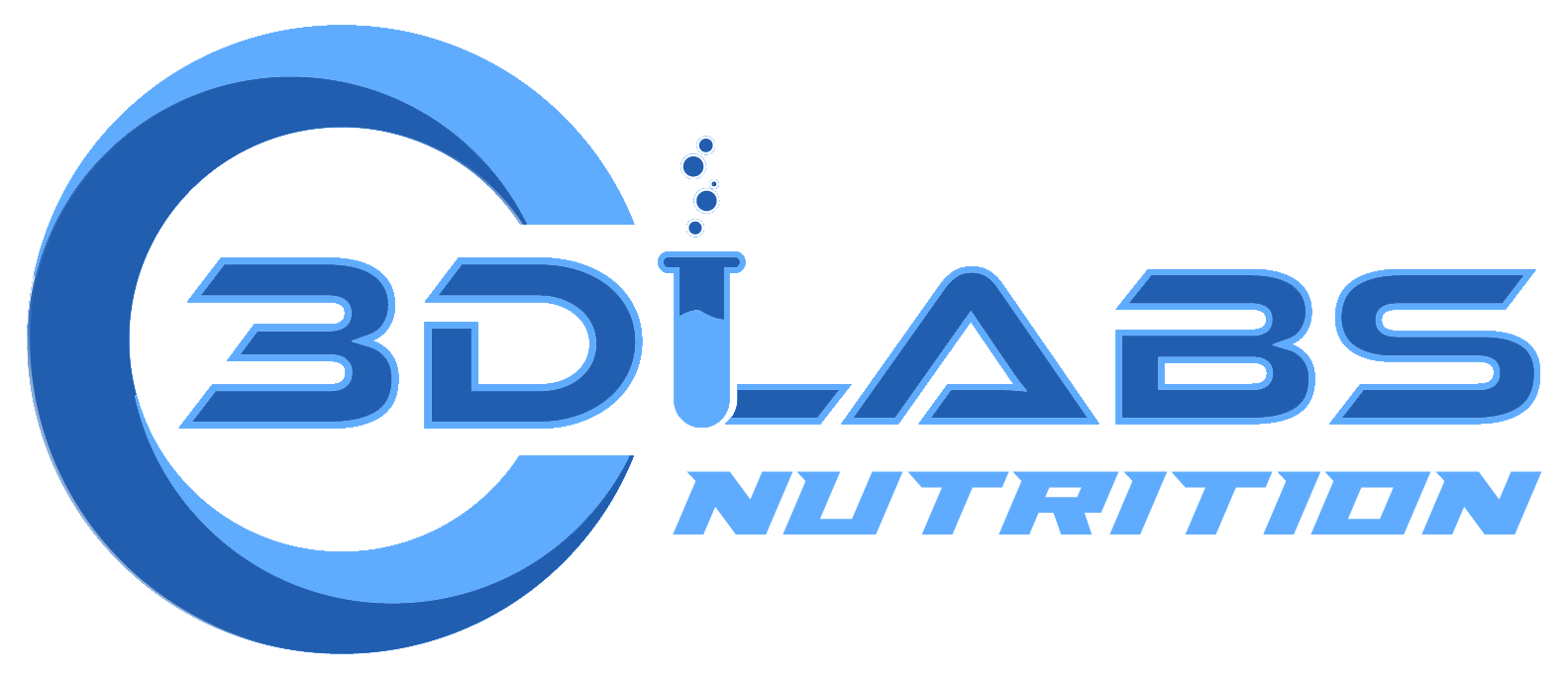
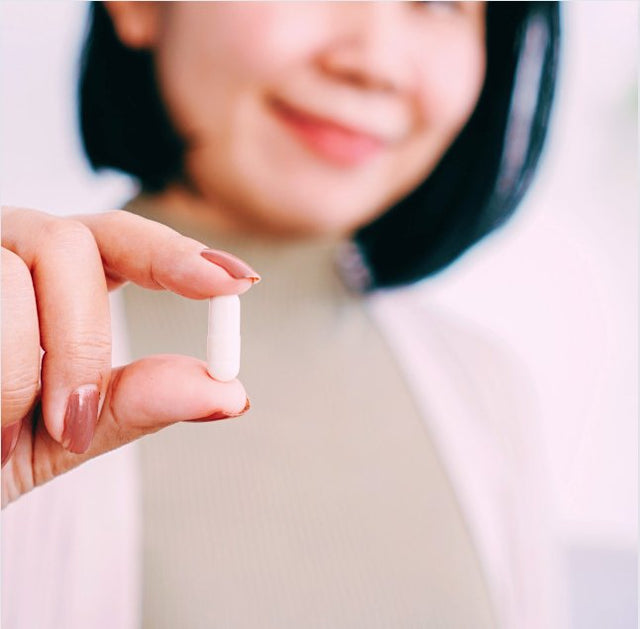
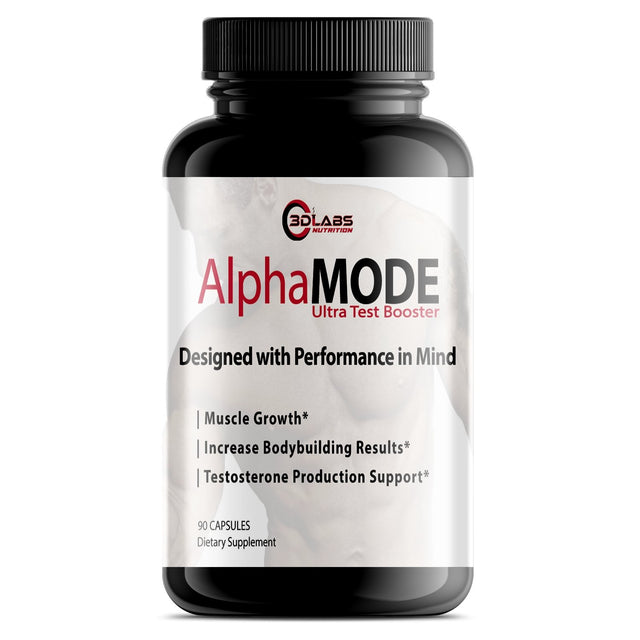
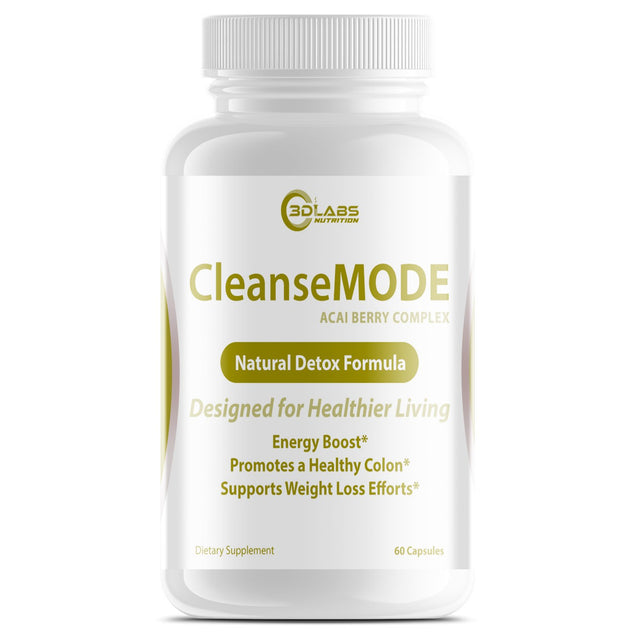
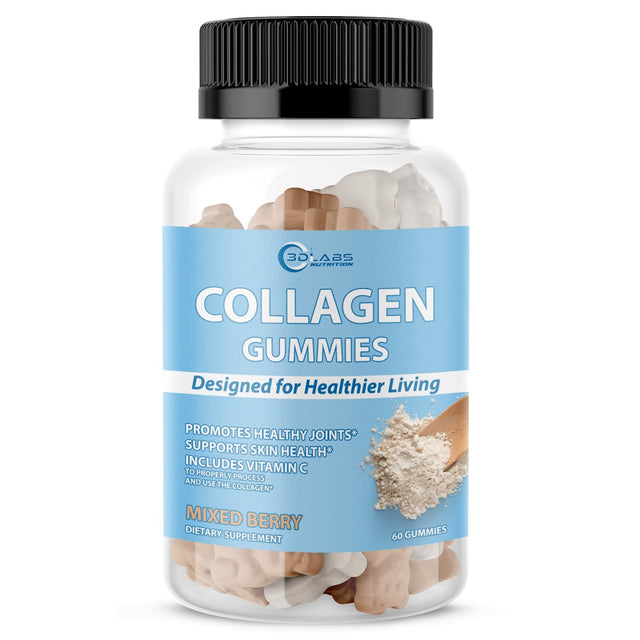
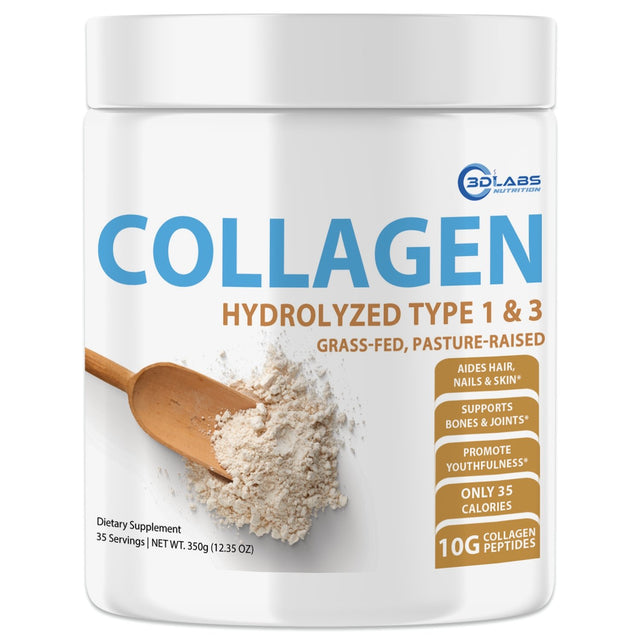
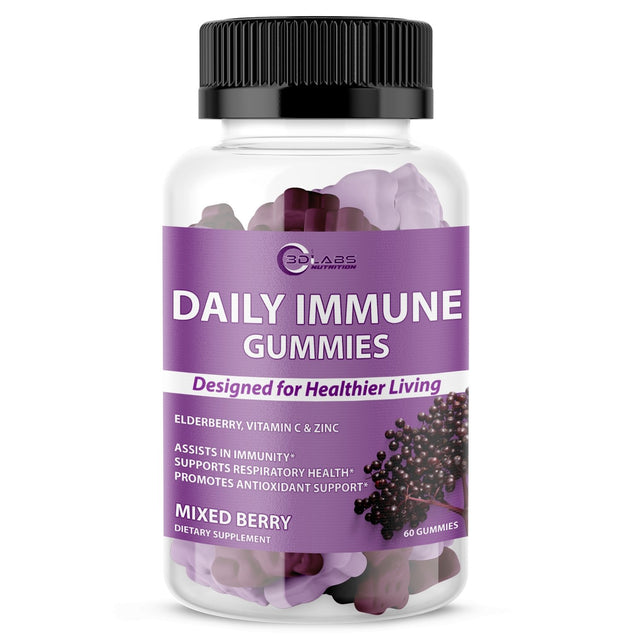
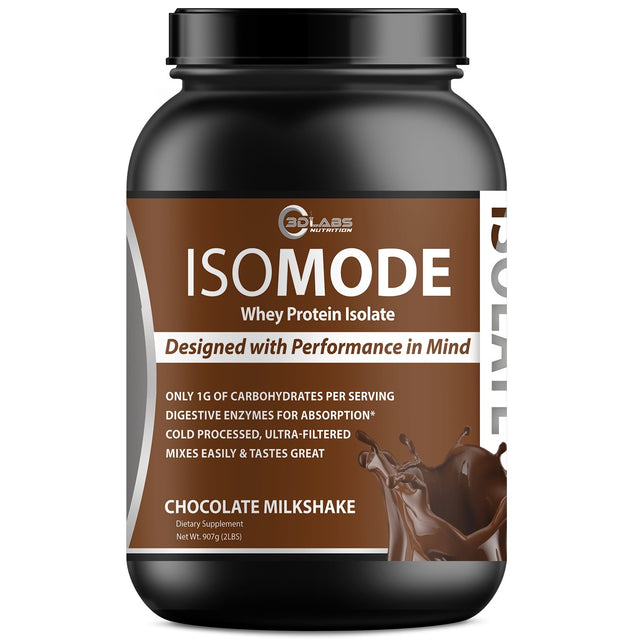
0 Comments
There are no comments for this article. Be the first one to leave a message!